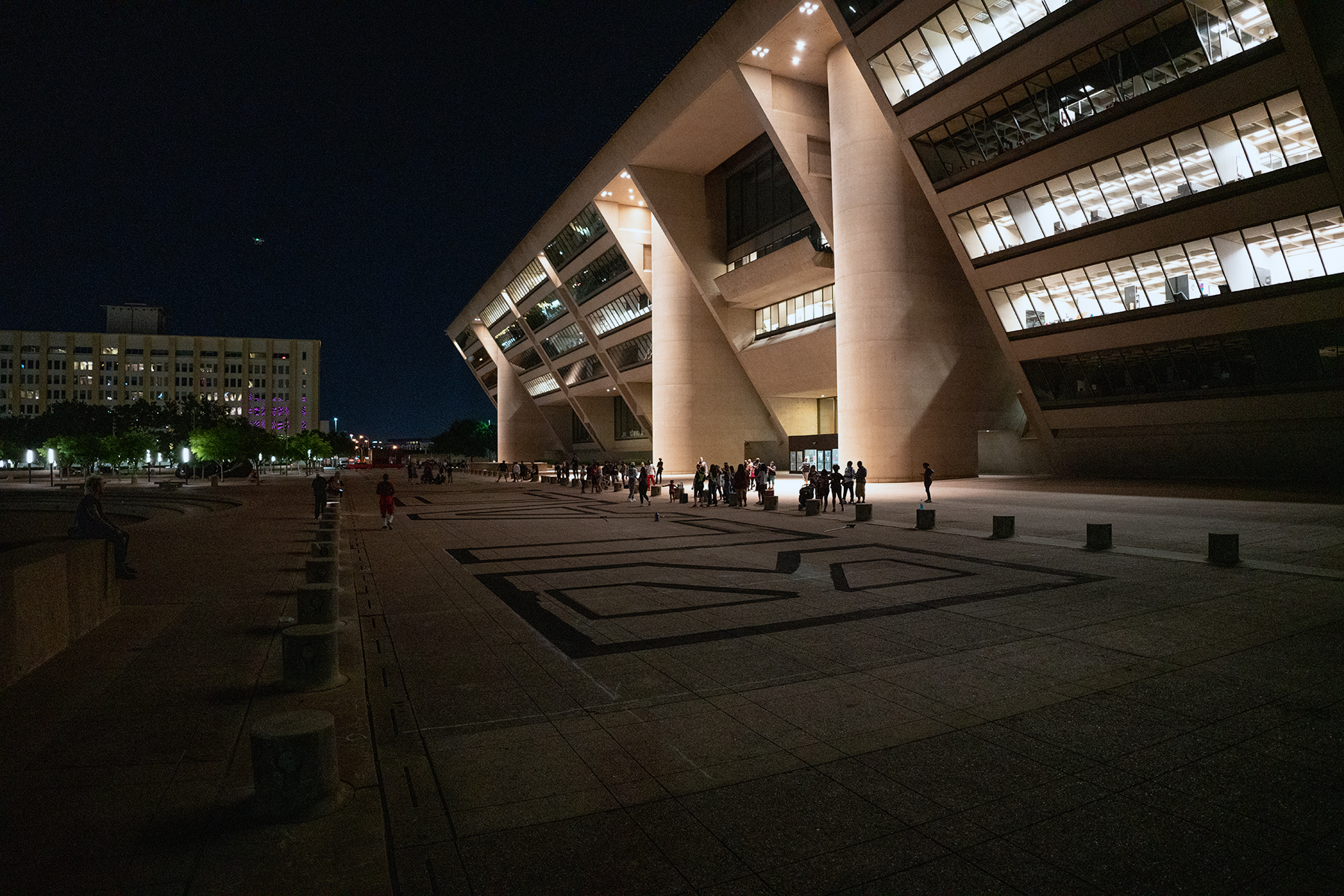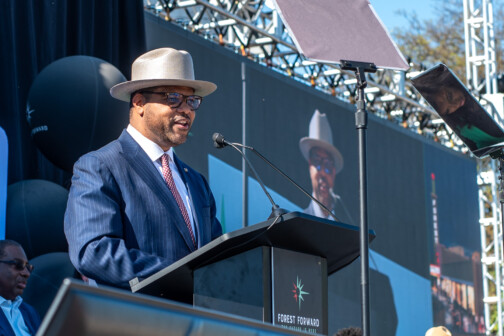Cities across the country have in recent years adopted a variety of so-called “racial equity resolutions” addressing racial disparities in everything from healthcare access to road safety to income. The city of Dallas, a deeply segregated place where inequality often breaks down along lines of race and geography, adopted its own version last spring, in which it pledged to “demonstrate its commitment to racial equity through equitable investment and future funding decisions for specific projects, inclusive practices, and socially just policies.”
Now, the city has hired the Dallas firm CoSpero Consulting to help develop a racial equity plan meant to, essentially, put its money where its mouth is.
“There are some folks who have done resolutions, done some murals, put out some statements. And the work, it’s kind of stopped there,” CoSpero managing partner Harold Hogue says. “The city, in 2021, made a commitment to developing this racial equity plan as the actionable part of what they can actually do.”
What can they actually do? And, just as important, will they actually do it? Dallas, at last count, had 72 citywide plans on file. Many more are in the works. Some plans are released and never heard from again—when was the last time anybody at City Hall dusted off DFW 2026 or the Texas Way of Urbanism? Others are adopted with much fanfare and a lot of ink and then never funded, only to be replaced a decade later with a new plan that may or may not prompt any action, like the 2011 Dallas Bike Plan that will soon be updated as the 2022 Dallas Bike Plan.
Still others are just ineffective, like the 2018 comprehensive housing policy that was dinged in a report last month in part for failing to confront “a 150-year-old legacy of race-based policy choices [that] has saddled Southern Dallas with an enormous deficit in the basic infrastructure upon which the development of mixed-income neighborhoods depends.”
A racial equity plan could force the city to address that legacy more directly. And because stark racial disparities are evident in every area touched by city policy, from quality of life to housing to transportation to economic development, it could also help ensure that every city department does its work in service of closing those disparities.
“That’s been the missing link, right?” Hogue says. “It’s kind of like: We do the work, but we’re not aligned to closing gaps. It’s just first come first served, or we’ve spent all the money and now it’s out.”
To ensure the plan leads to something tangible, he says it would require new performance measures for every city department. Among other things, it would mean looking at population data to see which specific demographic groups will benefit from spending.
“When we look at [performance] measures right now, we don’t have disaggregated data,” Hogue says. “So when we say we’re going to invest $100,000 into housing, we don’t know where, we don’t know who that money is going to, where’s it going to, when it’s going to get spent.”
So, for example, a city-backed homebuyer workshop would need to document demographic data on the people who attend. A city report on the timeliness of responses to 311 service requests would need to track the response times to requests from, specifically, Black and Hispanic residents. And so on.
“This racial equity plan will shift the way that we think about budgeting, the way that we think about prioritizing investments in low-income communities and communities of color,” Hogue says. “And then that in itself should hopefully, over time, with the leadership that has bought into this at the city of Dallas, shift the outcomes that we see in the community.”
The City Council will vote on adopting the racial equity plan later this year. Consultants are now meeting with city staffers and with Dallas residents to inform its development. There will be public virtual and in-person events. Hogue says his firm is working on ways to keep residents engaged both before and after the plan is approved and implemented—anyone who has followed the development of past city plans knows that town halls can be sparsely attended and online dashboards seldom viewed.
In the meantime, you can weigh in at weareonedallas.org.
Author






